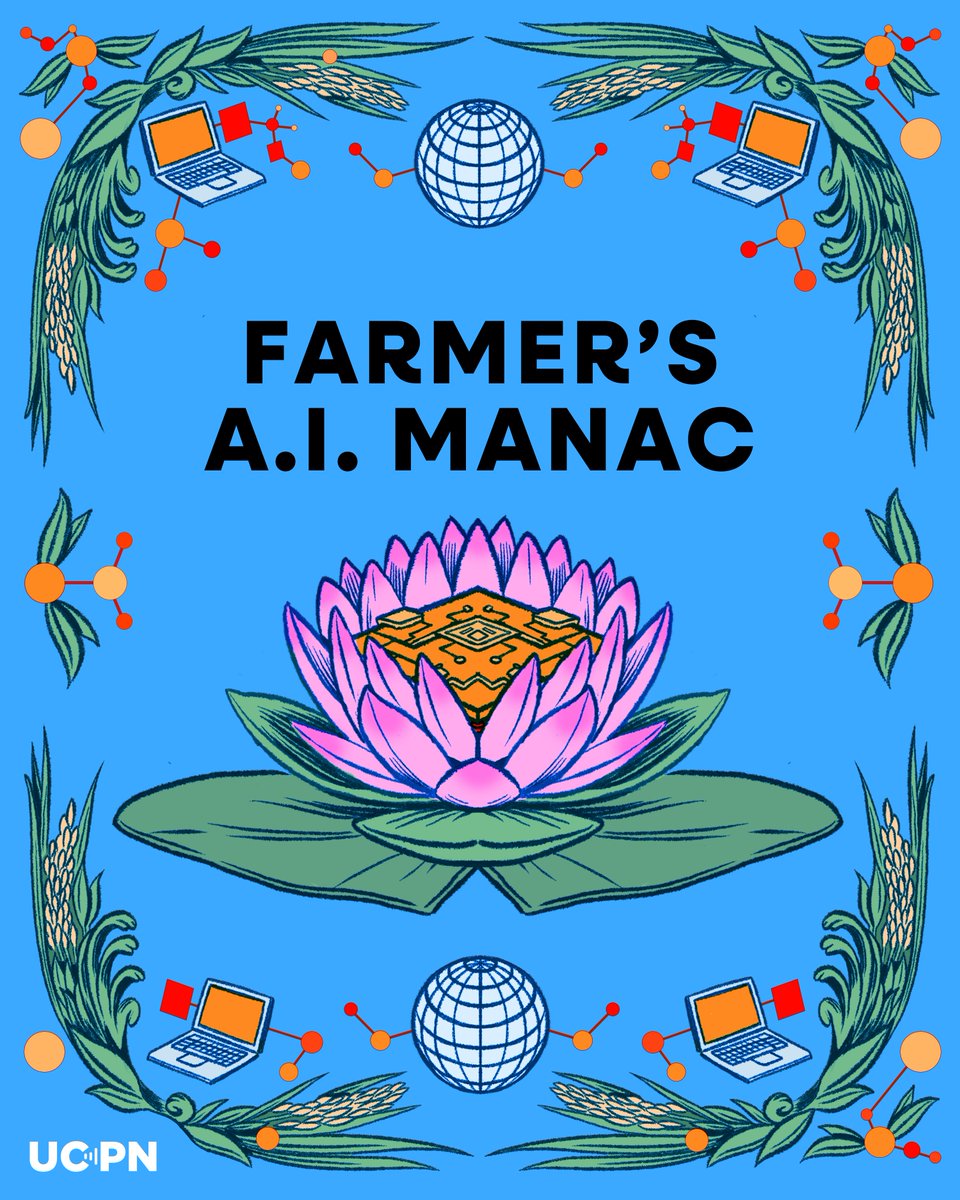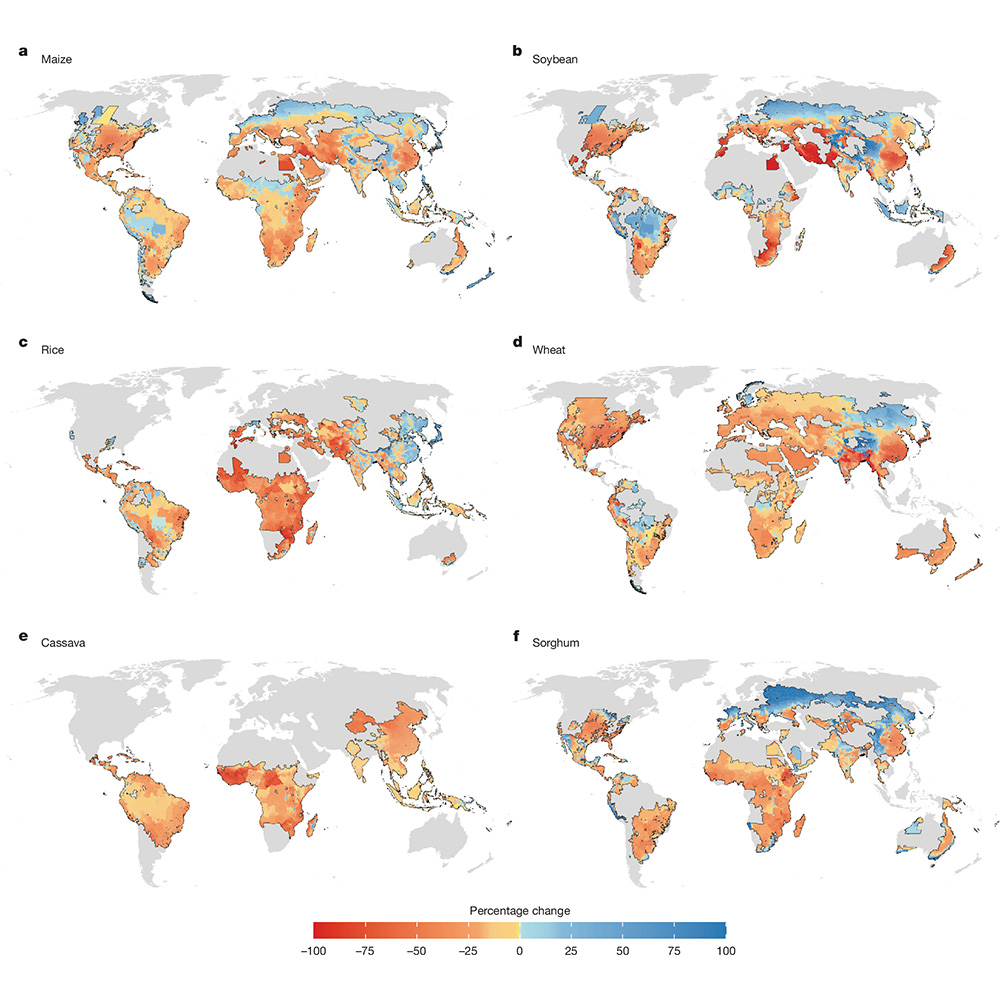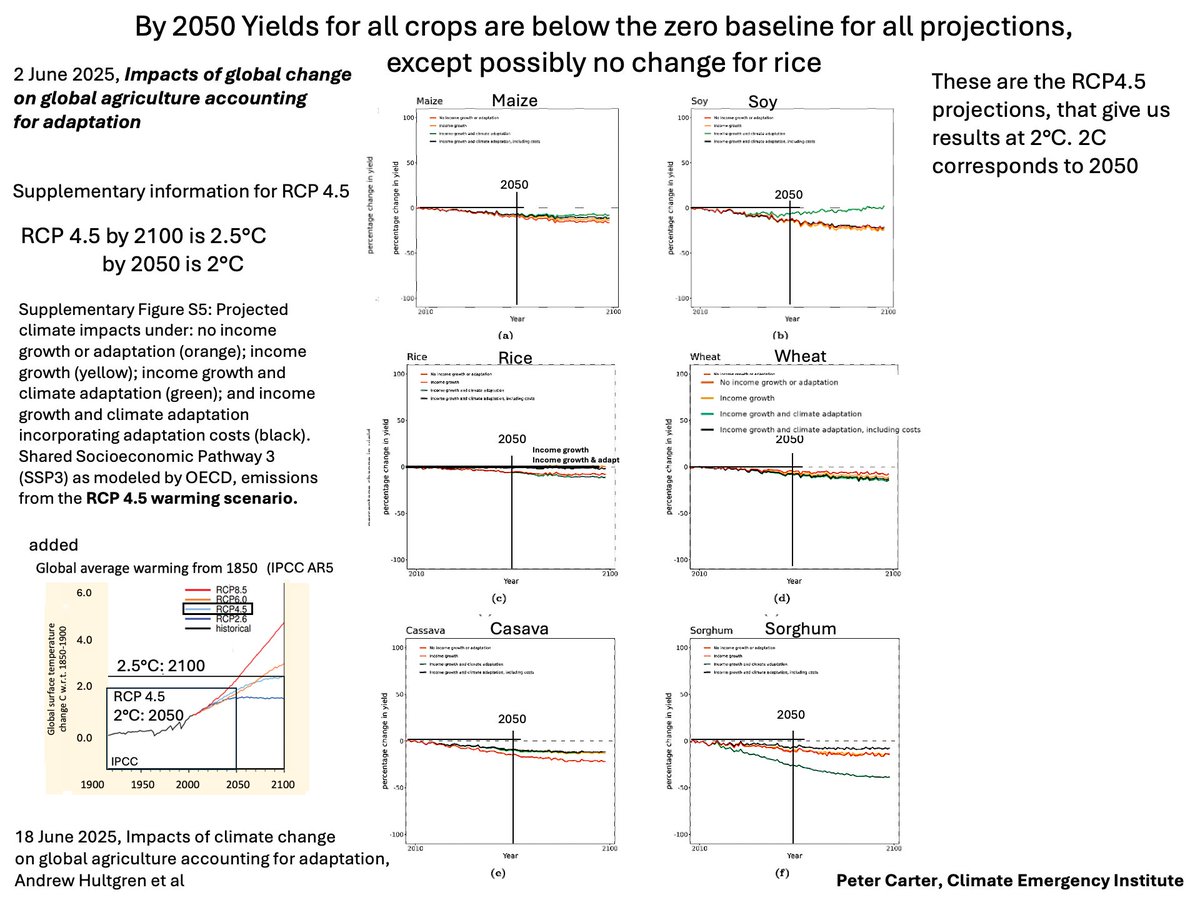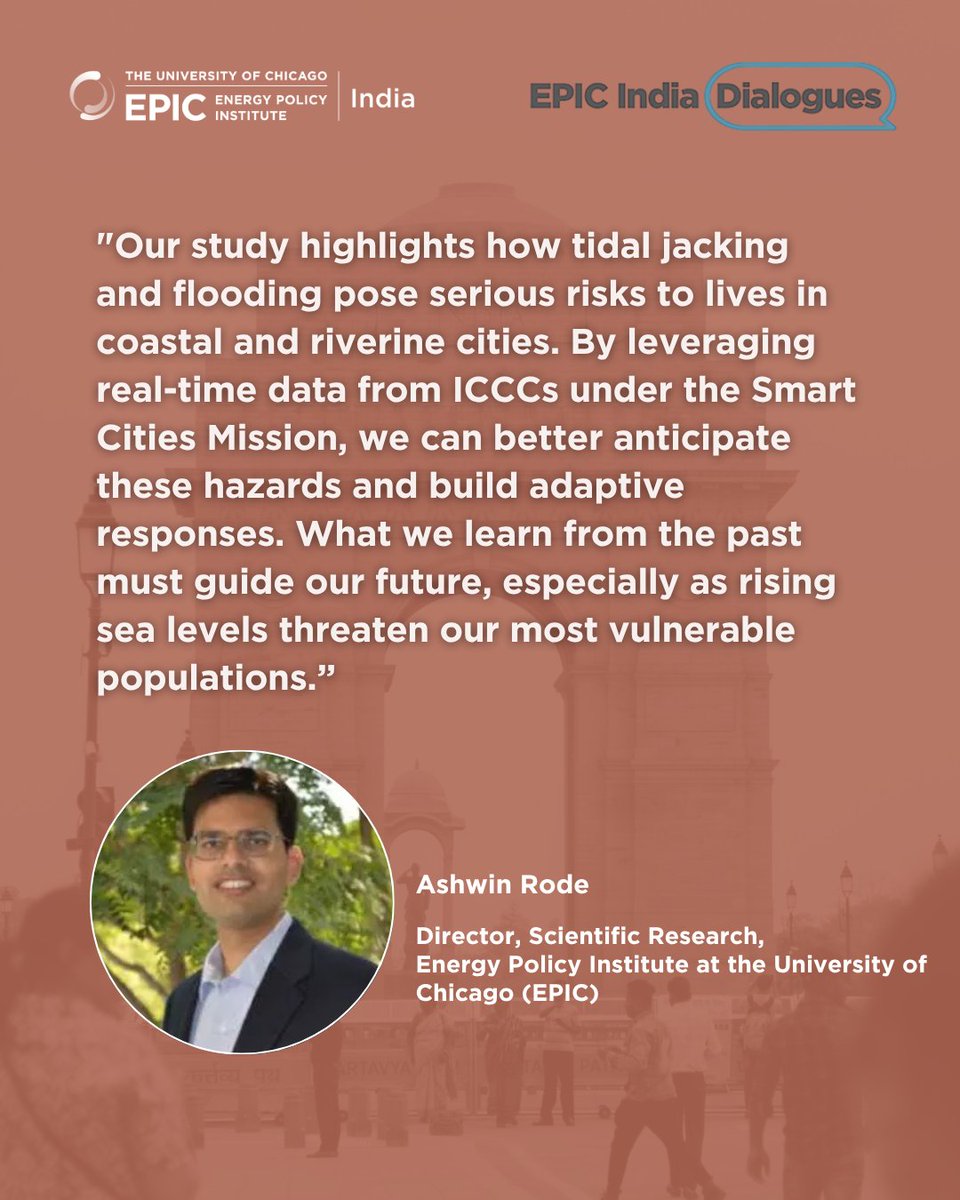
Climate Impact Lab
@impact_lab
A team of scientists, economists and engineers from @UCBerkeley, @UChicago, @rhodium_group and @RutgersU measuring the real-world costs of climate change.
ID: 4855829641
http://www.impactlab.org 03-02-2016 21:02:54
2,2K Tweet
4,4K Followers
493 Following




🌾“Losing breakfast for everyone on Earth” That’s the cost of 3°C of warming, even w/ adaptation. A new Nature Portfolio study by Climate Impact Lab supported by International Growth Centre, shows global crop yields drop 4.4% per °C. 📰 Covered by CNN Breaking News: edition.cnn.com/2025/06/18/cli… #FoodSecurity



Staple crops yields face ‘substantial losses’ in warming world – even with adaptation | Giuliana A. Viglione, PhD Read here: buff.ly/2Md31FY
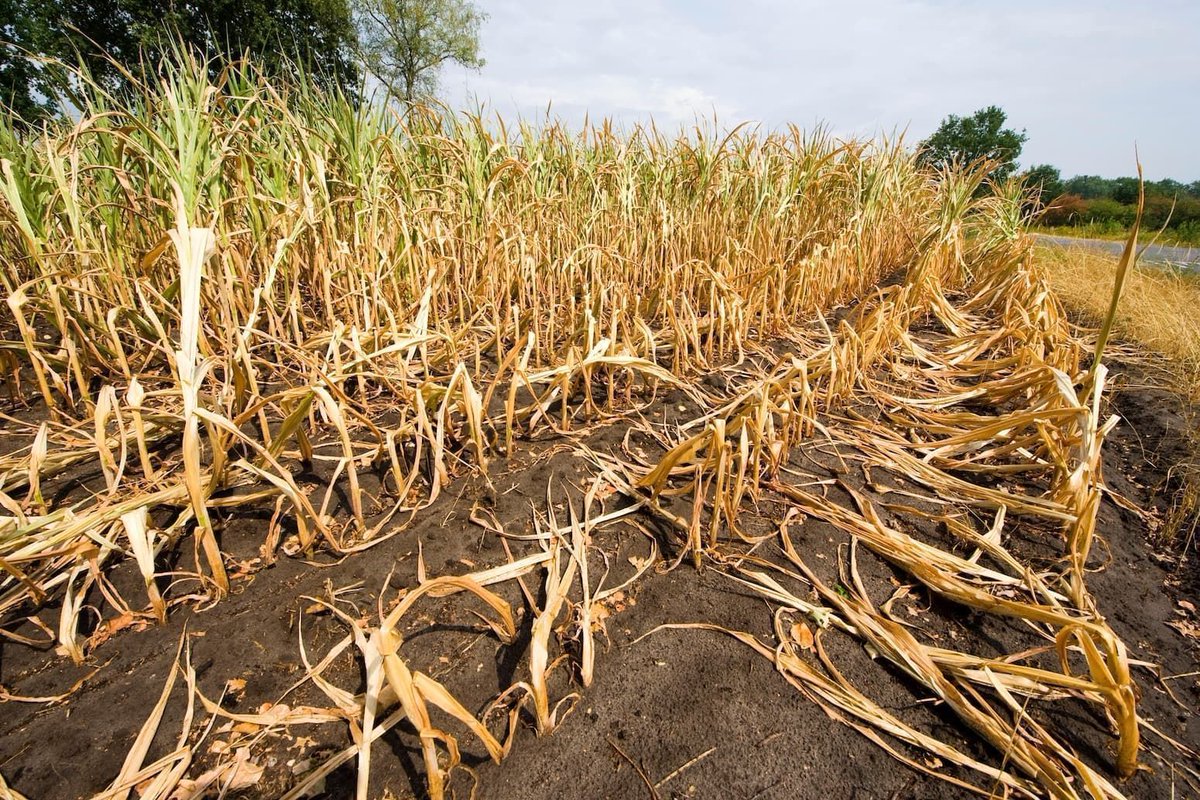


Institute scholar Pedram Hassanzadeh of Data Science Institute tells EL PAÍS América that AI-based weather forecasting systems offer significant advantages, as they are "cheap, easy to develop, accurate, and fast models that also reduce electricity bills." Read: climate.uchicago.edu/news/ai-based-…


Understanding climate risks needs more than intuition — it needs data. At the #IndiaSummerFellowsProgram, Energy Policy Institute at UChicago’s Ashwin Rode shared how Climate Impact Lab uses data and models to estimate damages across sectors like labour, agriculture, and coasts, guiding smarter climate policy.
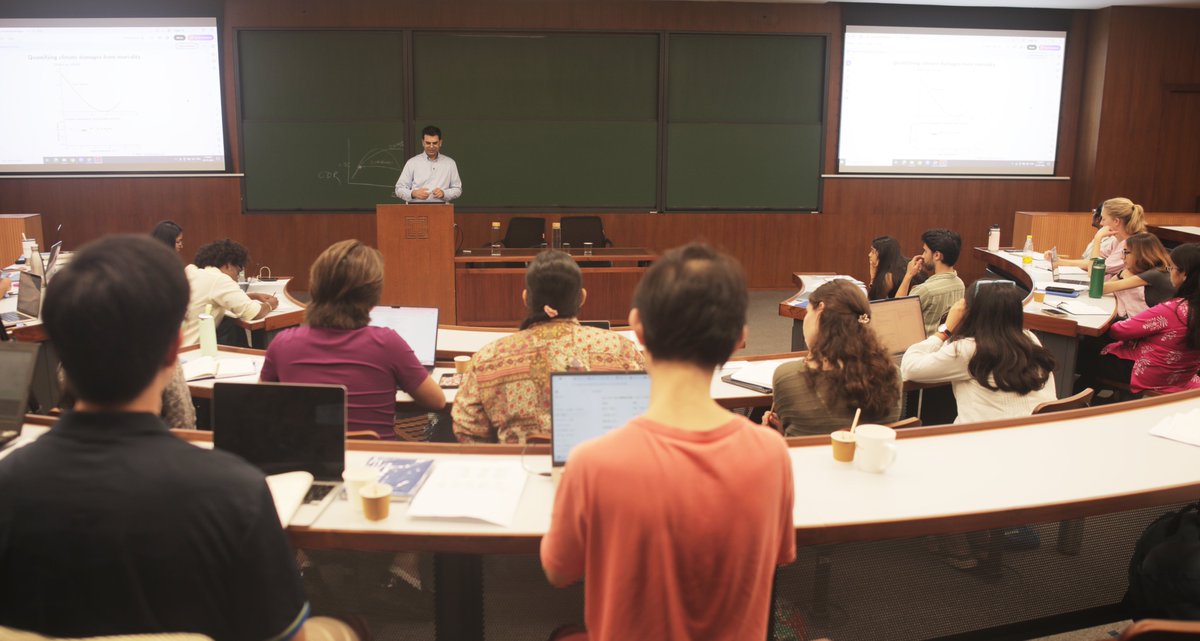

Despite farmers in #India adapting to climate stress by shifting sowing dates, using resilient seeds & irrigation, wheat yields, especially in key regions like the Indo‑Gangetic Plains, are projected to drop sharply. Climate Impact Lab Shagun Down To Earth tinyurl.com/ychb322e

A study co-authored by EPIC scholar Eyal Frank finds that by 2050, average daily milk production could be reduced by 4% as a result of worsening heat stress. Learn more: climate.uchicago.edu/news/climate-c…

Climate change may reduce global dairy production by up to 10 percent, a new study coauthored by Eyal Frank suggests. har.rs/4li9NPn


E&E reports global droughts since 2023 expose growing crop failures. Climate Impact Lab finds 'Those with most to lose, lose most' - prosperous breadbaskets like the U.S. Midwest face severe impacts, while poorest regions also suffer substantially. impactlab.org/news-insights/…

Can better data close the climate survival gap? In a new podcast episode of Shocked, @amyaharder, Fiona Burlig, Pedram Hassanzadeh, & Amir Jina explore how #AI is transforming weather prediction in places where stakes are highest and resources are few. lnk.to/shockedpodcast…
